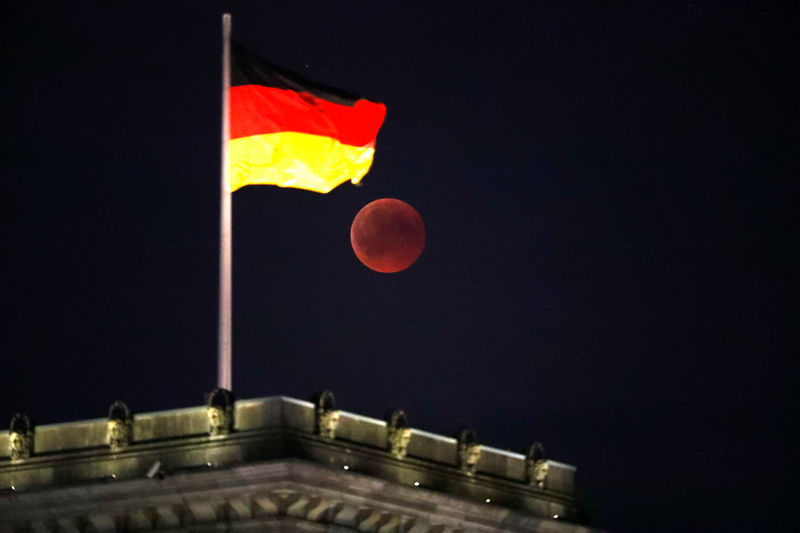By Geoffrey Smith
Investing.com -- The euro hit a new 20-year low and German benchmark 10-year bond yields touched 2% for the first time since 2013 as fears of recession and higher interest weighed ever more heavily on sentiment toward Eurozone assets.
The euro fell as low as $0.9772, while the 10-year Bund yield consolidated around 1.95% after trading as high as 2.01%.
Sentiment has slumped again this week in the wake of the U.S. Federal Reserve's guidance that it will continue to raise interest rates into next year, raising the pressure on other central banks to either do the same or risk a rapid depreciation of their currencies.
The German central bank had warned earlier in the week that the signs of Europe's largest economy falling into recession were multiplying rapidly, while European Central Bank Isabel Schnabel told T-Online in an interview published on Thursday that Germany is likely to be hit harder than the rest of the Eurozone by the shortage of Russian natural gas this winter.
"A recession may potentially be unavoidable here," Schnabel said.
Adding to the uncertainty in the Eurozone at the moment is the prospect of an Italian election which, opinion polls suggest, will return a right-wing coalition government under the leadership of Giorgia Meloni's 'Brothers of Italy' party.
The coalition's likely members have tempered their anti-EU and anti-euro rhetoric during the campaign, but doubts remain as to whether it will carry out the reforms that outgoing Prime Minister Mario Draghi crafted to ensure that Italy gets billions of euros in support from the EU for its recovery from the pandemic.
Without those funds, the new Italian government may struggle to revive growth, especially in an environment of sharply rising interest rates that raise the cost of servicing its huge debt burden. The yield on Italy's 10-Year debt has already risen to over 4.20%.
Which stock should you buy in your very next trade?
AI computing powers are changing the stock market. Investing.com's ProPicks AI includes 6 winning stock portfolios chosen by our advanced AI. In 2024 alone, ProPicks AI identified 2 stocks that surged over 150%, 4 additional stocks that leaped over 30%, and 3 more that climbed over 25%. Which stock will be the next to soar?
Unlock ProPicks AI